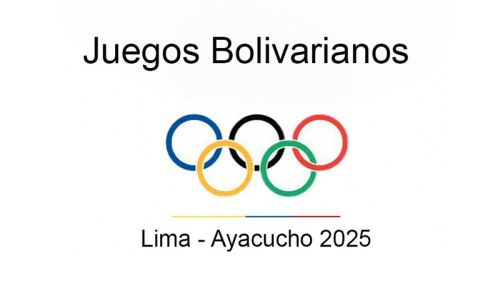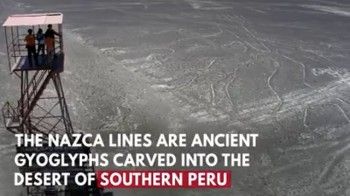Jorge Basadre Grohmann is one of the most notable Peruvian historians. As a professor, researcher and publicist Jorge Basadre opened a new page in the view of history, introducing innovative methods and perspectives. His main focus and dedication was always the Peruvian Republican history. Basadre left us many significant publications.
The doctor of literature and law was born on the 12th of February 1903, in the southern Peruvian city of Tacna (close to the Peruvian-Chilean border), as the son of Carlos Basadre Forero and Olga Grohmann Butler. His education started in the 'Santa Rosa' School, a Peruvian school operating secretly in Tacna during the Chilean occupation. When his family moved to Lima in 1912, he studied in a German college and later in the National College 'Nuestra Señora de Guadalupe'. In 1919 he entered the University 'Mayor de San Marcos' where he graduated with his degrees of literature and law.
Still being a student, Jorge Basadre was a member of the famous 'Conservatorio Universitario' of 1919, that was formed by young intellectuals of the so-called 'Generacion de la Reforma' (Generation of Reformers). During this time Basadre worked also in the National Library; at the beginning only as an assistant and later as a conservator. Additionally he taught history in several colleges of Lima. In 1925 and 1926 he was part of the Peruvian delegation send to the plebiscite commission of Tacna and Arica. From 1930 to 1931 and 1935 to 1942 Basadre was assigned the position as director of the University´s Central Library. Thanks to a scholarship granted by the Carnegie Foundation, he was able to study between his assignments at the library in the United States and at the University of Berlin in Germany.
After the big fire in the National Library in May 1943, the Peruvian government appointed Jorge Basadre as director. Under his management the National Library was successfully reconstructed and reorganized within the next five years. Basadre published the magazine 'Fénix' and the 'Peruvian Bibliographic Yearbook'. In 1944 he created the 'National School of Librarians'.
Between 1948 and 1950 Jorge Basadre was the director of the Department of Cultural Affairs of the 'Union Panamericana' and Minister of Public Education in 1945 and from 1956 to 1958. He retired 1958 into private life and dedicated his last years to research. Jorge Basadre died on the 29th of June 1980 in Lima at the age of 77 years.
Besides above mentioned activities, Basadre was professor at the Military School in Chorrillos, at the Catholic University of Peru and the Senior Instruction Centers in Argentine, Spain and the United States. He filled the position as Secretary General of the XXVII International Congress of the Americans taking place in 1939 in Lima. Since 1941 he was a member of the Peruvian Academy of Language and since 1946 of the Geographic Society of Lima. From 1956 to 1962 Basadre was the president of the Peruvian History Institute. He was awarded with many honorary doctor degrees and prizes like 'Palmas Magisteriales' in 1965, the 'Rafael Heliodoro Valle Prize' in 1977 and the 'National Cultural Prize' in human science in the years 1977 and 1978.
As a professor, researcher and publicist Jorge Basadre opened a new page in the view of history, introducing innovative methods and perspectives. His main focus and dedication was always the Peruvian republican history. Basadre left us many significant publications. His 'Historia de la República del Perú' (History of the Peruvian Republic), first published in 1939 and republished already six times, is considered the most important work on Peruvian history in our century.
To further honor this famous Peruvian historian, the image of Jorge Basadre Grohmann can also be found on the S/. 100 banknote.




























































